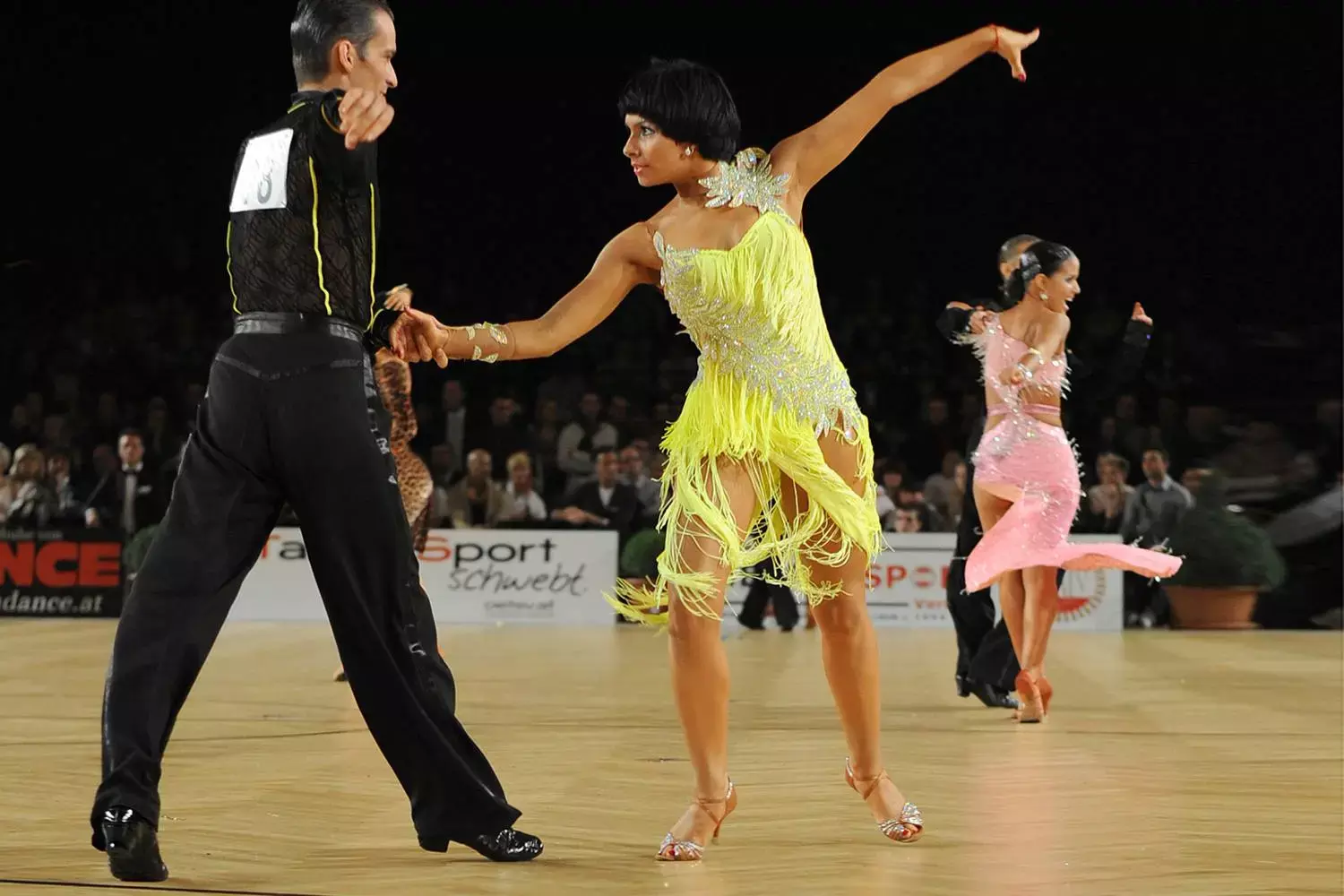- Home
- Medical news & Guidelines
- Anesthesiology
- Cardiology and CTVS
- Critical Care
- Dentistry
- Dermatology
- Diabetes and Endocrinology
- ENT
- Gastroenterology
- Medicine
- Nephrology
- Neurology
- Obstretics-Gynaecology
- Oncology
- Ophthalmology
- Orthopaedics
- Pediatrics-Neonatology
- Psychiatry
- Pulmonology
- Radiology
- Surgery
- Urology
- Laboratory Medicine
- Diet
- Nursing
- Paramedical
- Physiotherapy
- Health news
- Fact Check
- Bone Health Fact Check
- Brain Health Fact Check
- Cancer Related Fact Check
- Child Care Fact Check
- Dental and oral health fact check
- Diabetes and metabolic health fact check
- Diet and Nutrition Fact Check
- Eye and ENT Care Fact Check
- Fitness fact check
- Gut health fact check
- Heart health fact check
- Kidney health fact check
- Medical education fact check
- Men's health fact check
- Respiratory fact check
- Skin and hair care fact check
- Vaccine and Immunization fact check
- Women's health fact check
- AYUSH
- State News
- Andaman and Nicobar Islands
- Andhra Pradesh
- Arunachal Pradesh
- Assam
- Bihar
- Chandigarh
- Chattisgarh
- Dadra and Nagar Haveli
- Daman and Diu
- Delhi
- Goa
- Gujarat
- Haryana
- Himachal Pradesh
- Jammu & Kashmir
- Jharkhand
- Karnataka
- Kerala
- Ladakh
- Lakshadweep
- Madhya Pradesh
- Maharashtra
- Manipur
- Meghalaya
- Mizoram
- Nagaland
- Odisha
- Puducherry
- Punjab
- Rajasthan
- Sikkim
- Tamil Nadu
- Telangana
- Tripura
- Uttar Pradesh
- Uttrakhand
- West Bengal
- Medical Education
- Industry
Long term Ballroom dance training may promote empathic concern

Long term Ballroom dance training may promote empathic concern according to a recent study published in the Human Brain Mapping
Dance is unique in that it is a sport and an art simultaneously. Beyond improving sensorimotor functions, dance training could benefit high-level emotional and cognitive functions. Duo dances also confer the possibility for dancers to develop the abilities to recognize, understand, and share the thoughts and feelings of their dance partners during the long-term dance training. To test this possibility, they collected high-resolution structural and resting-state functional magnetic resonance imaging (MRI) data from 43 expert-level ballroom dancers (a model of long-term exposure to duo dance training) and 40 age-matched and sex-matched nondancers, and measured their empathic ability using a self-report trait empathy scale.
The results:
- They found that ballroom dancers showed higher scores of empathic concern (EC) than controls.
- The EC scores were positively correlated with years with dance partners but negatively correlated with the number of dance partners for ballroom dancers.
- These behavioral results were supported by the structural and functional MRI data. Structurally, they observed that the gray matter volumes in the subgenual anterior cingulate cortex (ACC) and EC scores were positively correlated.
- Functionally, the connectivity between ACC and occipital gyrus was positively correlated with both EC scores and years with dance partners.
- In addition, the relationship between years with dance partners and EC scores was indirect-only mediated by the ACC-occipital gyrus functional connectivity.
Therefore, the findings provided solid evidence for the close link between long-term ballroom dance training and empathy, which deepens our understanding of the neural mechanisms underlying this phenomenon.
Reference:
Xiao Wu, Xuejing Lu, Huijuan Zhang, Xiao Wang, Yazhuo Kong, Li Hu. The association between ballroom dance training and empathic concern: Behavioral and brain evidence. 16 August 2022. https://doi.org/10.1002/hbm.26042
Keywords:
Long term, Ballroom, dance, training, promote, empathic, concern, Human Brain Mapping, Xiao Wu ,Xuejing Lu, Huijuan Zhang, Xiao Wang, Yazhuo Kong, Li Hu
Dr. Shravani Dali has completed her BDS from Pravara institute of medical sciences, loni. Following which she extensively worked in the healthcare sector for 2+ years. She has been actively involved in writing blogs in field of health and wellness. Currently she is pursuing her Masters of public health-health administration from Tata institute of social sciences. She can be contacted at editorial@medicaldialogues.in.
Dr Kamal Kant Kohli-MBBS, DTCD- a chest specialist with more than 30 years of practice and a flair for writing clinical articles, Dr Kamal Kant Kohli joined Medical Dialogues as a Chief Editor of Medical News. Besides writing articles, as an editor, he proofreads and verifies all the medical content published on Medical Dialogues including those coming from journals, studies,medical conferences,guidelines etc. Email: drkohli@medicaldialogues.in. Contact no. 011-43720751


